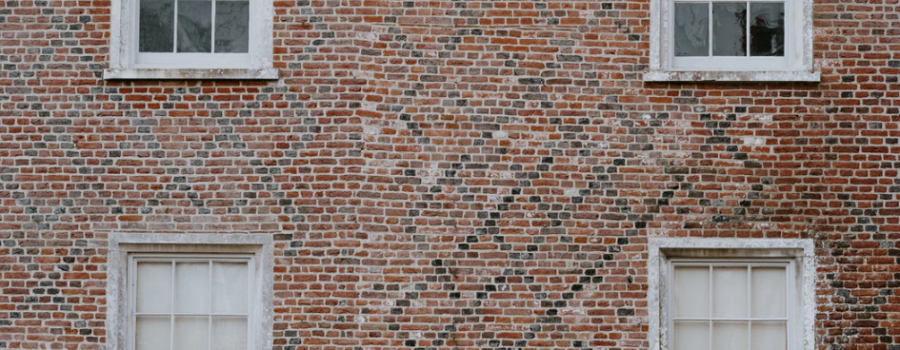Are we finally realising the stamp duty holiday was a bad idea?
The shine is coming off the housing market, with disgruntled homebuyers fed up with long delays and higher house prices due to the stamp duty holiday. At least that’s what research by estate and lettings agent Barrows and Forrester suggests.
I’ve talked fairly extensively on Informed Choice’s Talking Money podcast episodes about just how fed up I am with the UK housing market and the government’s attempts to overstimulate the market through various schemes further – here’s looking at you, stamp duty holiday.
For me, as a non-homeowner, there was very little shine on the housing market pre-pandemic, but now there’s no shine at all.
Anything I’ve saved during various lockdowns means very little when the average price of a property has gone up by £22,000, according to figures from Halifax.
Fears property prices could deflate shortly, combined with the risk of being stuck in negative equity in a shoebox flat in London, means going near the property market isn’t a risk I’m willing to take. At least not until the dust has settled and we’re comfortably in a post-pandemic age.
But first-time buyers aren’t the only ones now suffering thanks to the government’s ill-thought-through stamp duty scheme. The housing market has been chaos for homeowners trying to move house this year, and anecdotally, I’m yet to hear of a moving story that was pain-free for everyone involved.
Take my parents, for example.
Last June, upon hearing news of the changes to the rules around stamp duty, they decided, after wanting to move house for some time, that it made sense to do so when they could – in theory – save money in the process.
What followed was nearly 12 months of heartache and stress.
They lost two properties because of various chain collapses and found themselves without a prospective new home in early 2021.
Panicking as the end of the stamp duty holiday loomed, they started madly looking for property; on multiple occasions calling estate agents to book a viewing only to find the house of their dreams had already received multiple offers from interested buyers, having only been on the market for mere hours.
It became a bidding war and not a space for the fainthearted.
Fortunately for them, it all looks like it’s going to be ok – they’ve got their moving date just 12 days before the end of the stamp duty holiday – but not everyone will be so lucky.
Barrows & Forrester found 85% of those surveyed in May said the current market bottleneck caused by the stamp duty holiday demand had led their purchase to be delayed. A whopping 81% of respondents believed their current sale is likely to miss both the initial extended deadline at the end of the month, as well as the secondary deadline due to expire at the end of September.
Just imagine the stress of putting an offer on a more expensive property than you might usually afford, having factored in the stamp duty savings, only to find you could face paying stamp duty on the pricier property.
The latest figures from Halifax, released earlier this week, showed house prices climbed another £3,000 on average in May, to a new all-time high of £261,743.
According to Barrows & Forrester, with many now facing the higher cost of homeownership without the benefit of stamp duty savings, more than half (54%) of buyers no longer believe the holiday has been positive for the market.
Just under a quarter (23%) were unsure, and a similar number (24%) thought it had been a good thing.
I take very little pleasure in being proved correct when the finances of well-meaning people are on the line. But it seems buyers are finally waking up to the reality that the government has needlessly stimulated an already overcooked market, and they could be set to lose out as a result.
Like every policy, there will be winners and losers as a result of the stamp duty holiday.
The big winners will be homeowners who sat on their hands and watched the value of their property go up before their very eyes.
The biggest losers, meanwhile, will be first-time buyers for whom home-ownership has never been further away, and those incredibly unfortunate few who will miss the savings deadline, ultimately doomed to pay stamp duty on a property worth 9.5 per cent more than it was a year ago.
I’ve done more than enough grumbling about the housing market in the last year, so instead I’ll leave you with some thoughts from Guy Harrington, CEO of residential lender Glenhawk. Upon hearing the news that house prices had climbed another £3,000 in May, Harrington said:
“Without wanting to sound like a broken record, this growth just isn’t sustainable.
“I’ll eat my invisible hat if we don’t see significant pricing retrenchment by Q4, when the true impact of the pandemic on the UK economy reveals itself.”

